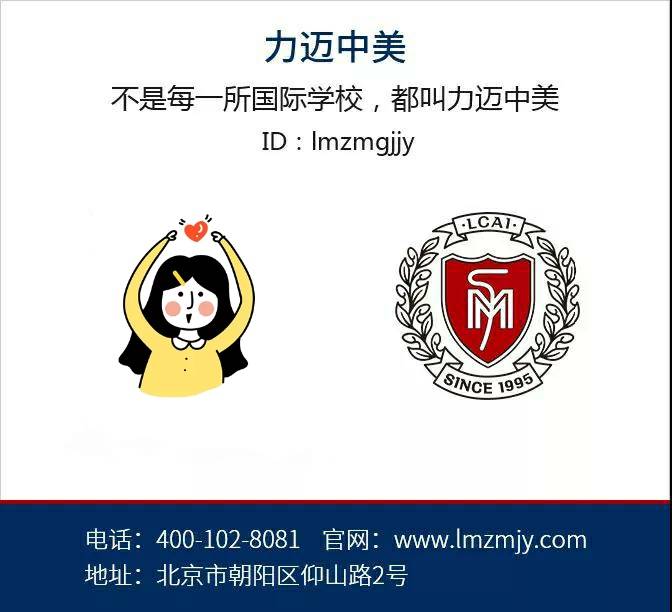Comprehensive Guide to NC FHA Loan Requirements: Everything You Need to Know
#### Understanding NC FHA Loan RequirementsThe North Carolina Federal Housing Administration (FHA) loan program offers a pathway to homeownership for many i……
#### Understanding NC FHA Loan Requirements
The North Carolina Federal Housing Administration (FHA) loan program offers a pathway to homeownership for many individuals and families who may not qualify for conventional loans. Understanding the NC FHA loan requirements is crucial for potential homebuyers looking to take advantage of this government-backed financing option.
#### What is an FHA Loan?
An FHA loan is a government-insured mortgage that is designed to help lower-income and first-time homebuyers qualify for a home loan. The FHA insures the loan, which means that lenders can offer more favorable terms, such as lower down payments and more lenient credit score requirements.
#### Key NC FHA Loan Requirements
1. **Credit Score**: One of the primary NC FHA loan requirements is the minimum credit score. Generally, borrowers need a credit score of at least 580 to qualify for the 3.5% down payment option. For those with lower credit scores (between 500-579), a 10% down payment is required.

2. **Down Payment**: As mentioned, the down payment for an FHA loan can be as low as 3.5% for borrowers with a credit score of 580 or higher. This low down payment requirement makes FHA loans particularly attractive for first-time homebuyers.
3. **Debt-to-Income Ratio**: Lenders typically look for a debt-to-income (DTI) ratio of 43% or lower. This means that your monthly debt payments, including your mortgage, should not exceed 43% of your gross monthly income.
4. **Employment History**: Borrowers are usually required to have a stable employment history, typically at least two years in the same job or field. This requirement helps lenders assess the borrower's ability to make consistent mortgage payments.
5. **Property Requirements**: The property being financed must meet certain standards set by the FHA. It must be the borrower's primary residence and must pass an FHA appraisal, which ensures that the home is safe and habitable.
6. **Mortgage Insurance Premium (MIP)**: FHA loans require both an upfront mortgage insurance premium and a monthly premium. The MIP protects the lender in case of default, which is a critical aspect of the FHA loan structure.

#### Benefits of FHA Loans in North Carolina
FHA loans offer several benefits that make them an appealing option for homebuyers in North Carolina:
- **Accessibility**: With lower credit score and down payment requirements, FHA loans are accessible to a broader range of individuals, including those with limited savings or less-than-perfect credit.
- **Competitive Interest Rates**: FHA loans often come with competitive interest rates, which can save borrowers money over the life of the loan.
- **Assumability**: FHA loans are assumable, meaning that if you sell your home, the buyer can take over your loan under the same terms. This can be a significant selling point, especially in a rising interest rate environment.

#### Conclusion
Navigating the NC FHA loan requirements can seem daunting, but understanding the key factors involved can make the process much more manageable. With their low down payment options, flexible credit requirements, and numerous benefits, FHA loans are an excellent choice for many homebuyers in North Carolina. Whether you're a first-time buyer or looking to purchase your next home, exploring the FHA loan program could be a smart step toward achieving your homeownership dreams.